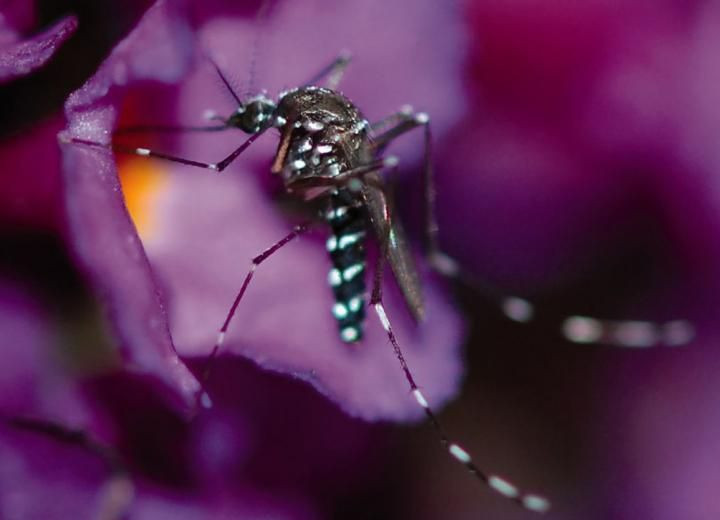Dengue cases in Australia reach 20-year high, experts say rise is driven by travellers

Two thousand cases of mosquito-borne diseases had been recorded in Australia last year, according to data from the federal Health Department. Experts say the surge of number is driven by Australian travellers who are infected with the disease from tropical areas like Bali. This has led dengue fever cases in the country to reach 20-year high in 2016.
Last year, Victoria and New South Wales had recorded 460 and 450 cases of dengue, respectively. The most number of cases was recorded in Western Australia at 550. It also had one of the highest infection rates of dengue from among all states and territories.
University of Sydney mosquito expert Cameron Webb said travellers were bringing the disease to the country. Dengue is common across Asia, the Pacific, Central and Southern America and Africa, where Australian travellers usually go for a vacation.
Webb said cases of dengue fever are on the rise globally. But if dengue is brought to Australia, it is unlikely to be passed because most local mosquito species could not transmit the disease. In a report published by the Australian, Webb has warned that the country is at risk of an outbreak of dengue and even Zika virus unless more is done to get rid of mosquitoes.
Cameron Simmons, microbiology professor of the Peter Doherty Institute, has shared that the disease is endemic, which means it is constantly being transmitted. "The chance of travellers being infected may well be increasing," he said.
Dengue takes between three and 10 days to incubate according to Simmons. Flu-like symptoms last for one week. Simmons added that the risk of internal bleeding or hemorrhaging from the nose and gums greatly increases when a person is infected a second time from another mosquito bite. Meanwhile, Webb said picaridin and oil of lemon eucalyptus are the safest ingredients for mosquito repellents.




















